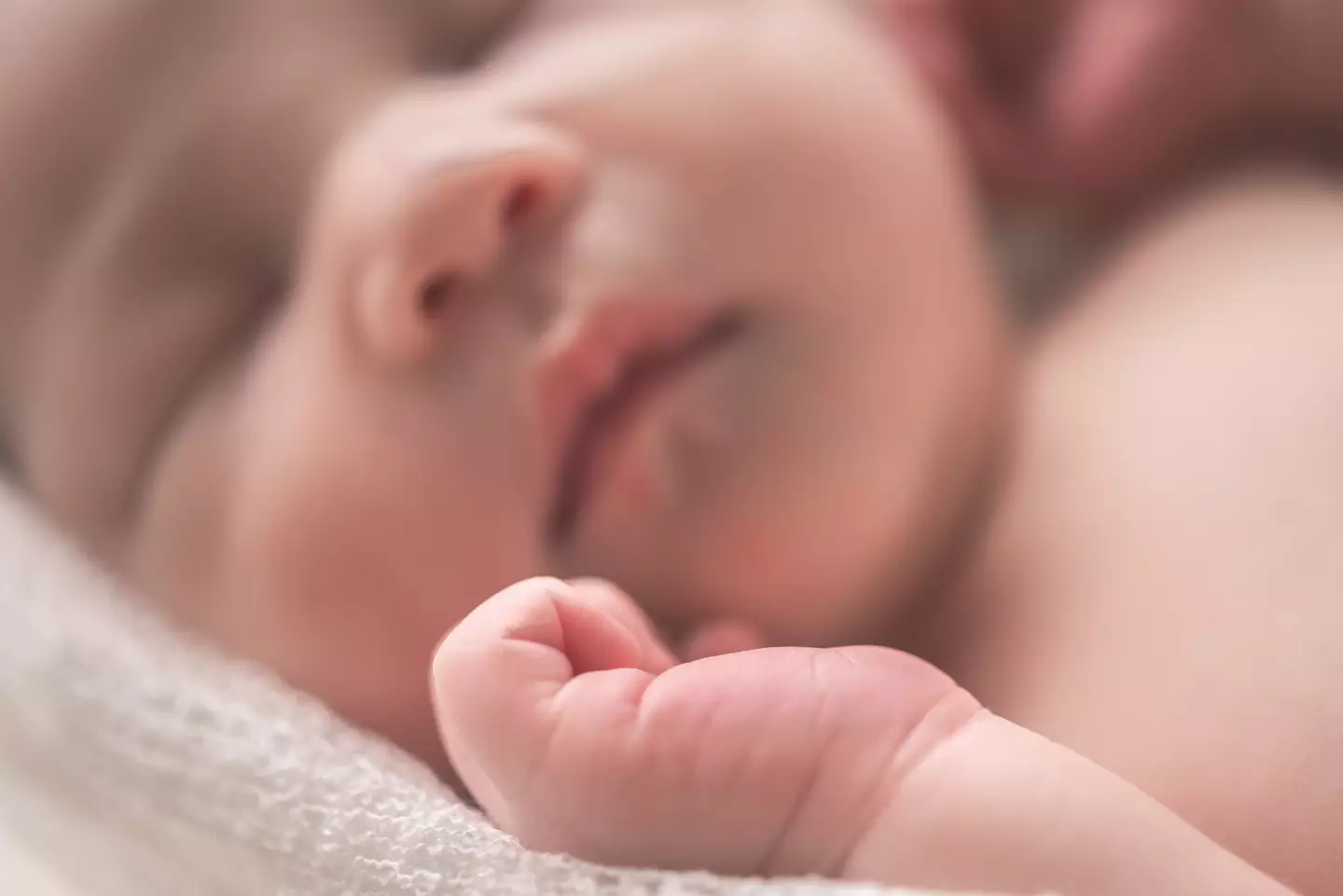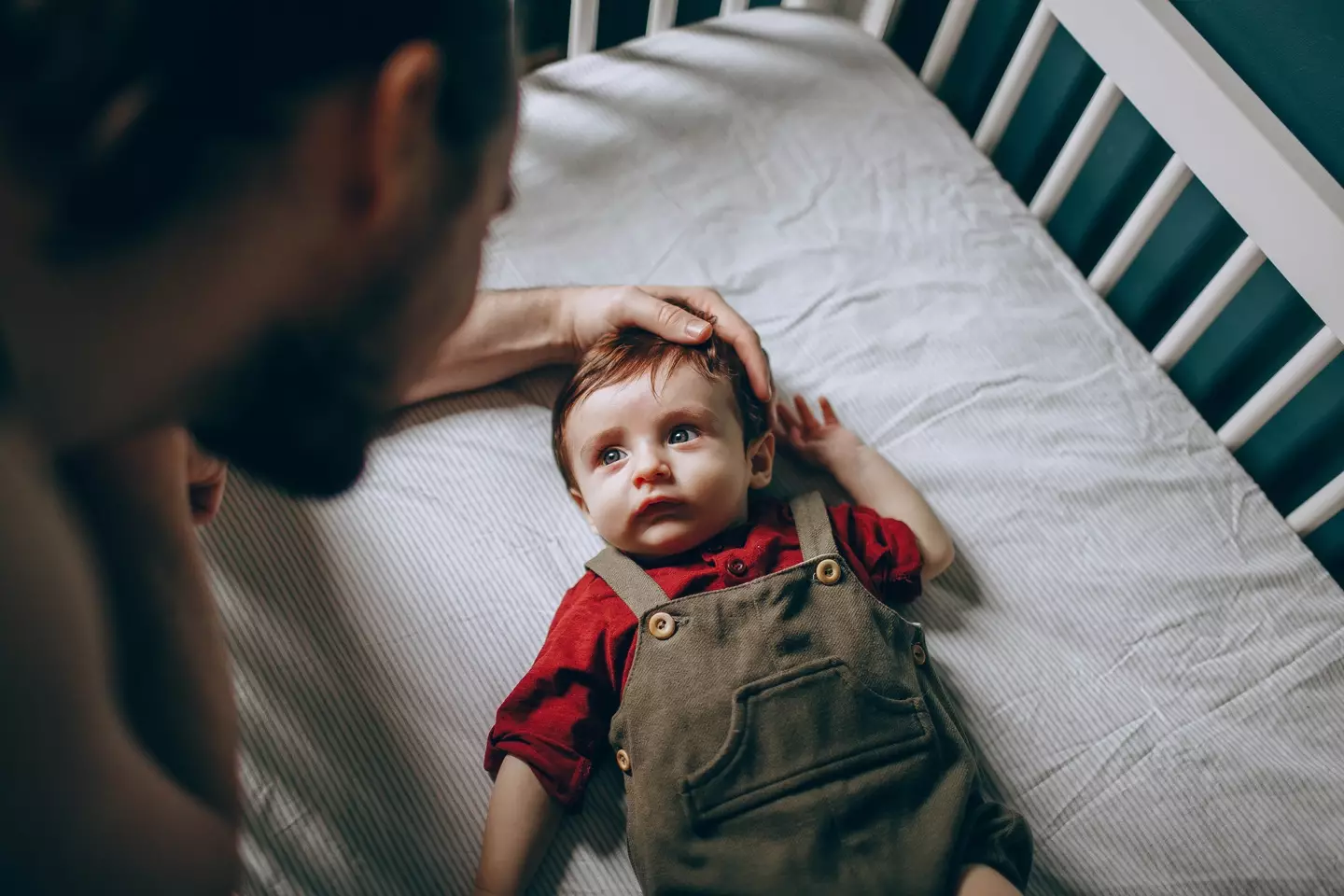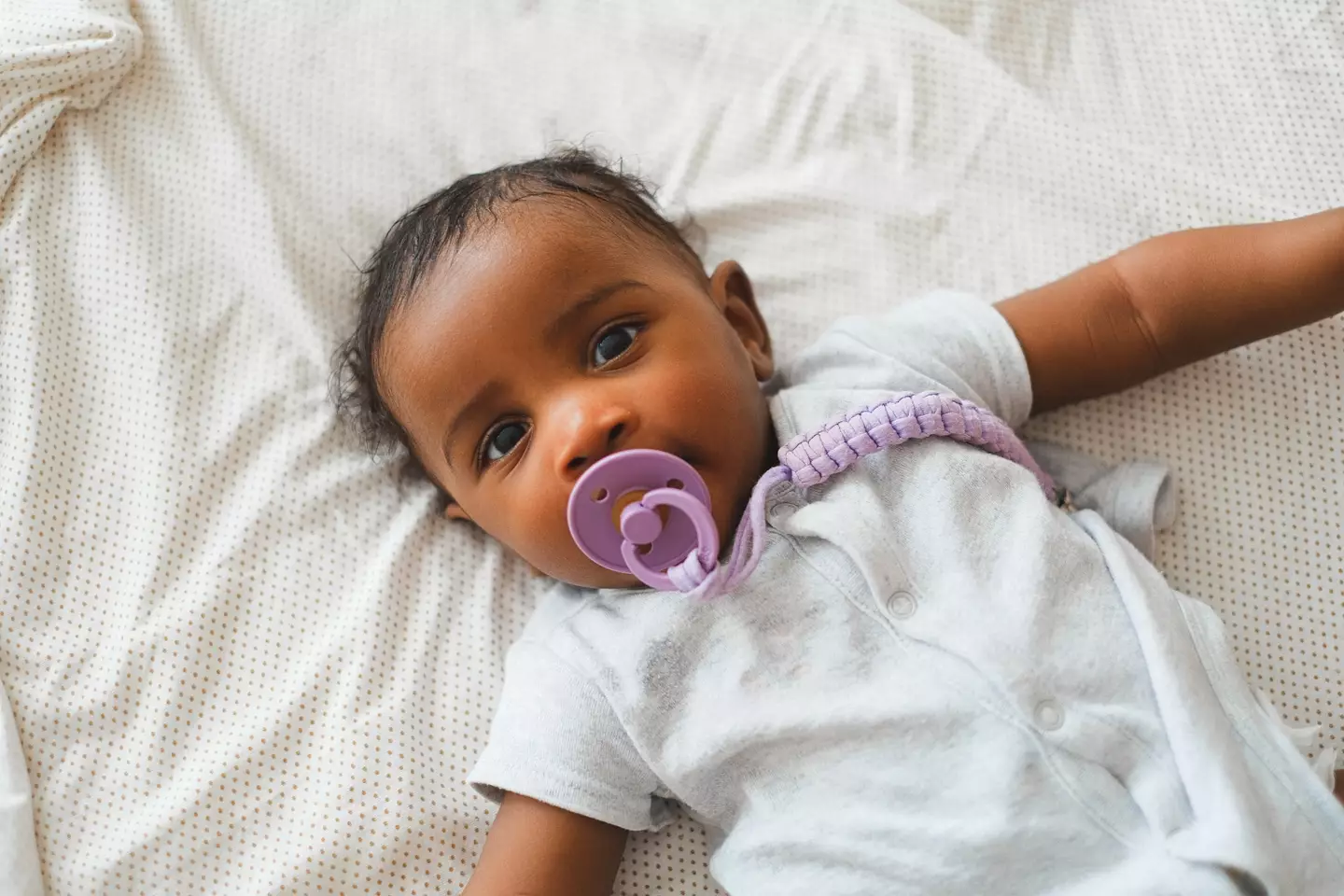.png)
Urgent new advice has been issued to parents to prevent Sudden Infant Death Syndrome (SIDS).
New guidance from the American Academy of Pediatrics (AAP) has advised parents to ensure that babies sleep in a 'bare' area to help prevent cot death.
In the UK, around 200 babies tragically die every year from SIDS, which 'is the sudden, unexpected and unexplained death of an apparently healthy baby', according to the NHS.
The exact cause of SIDS is unknown, but experts have advised parents to carry out certain steps when it comes to sleeping safely to reduce the risk of cot death.
Advert

AAP has now recommended that infants 'should always sleep in a crib or bassinet, on their back, without soft toys, pillows, blankets or other bedding'.
Dr Rachel Moon, professor of paediatrics at the University of Virginia School of Medicine, and the lead author of the policy statement, said: "A baby’s death is tragic, heartbreaking and often preventable.
"If we’ve learned anything, it’s that simple is best: babies should always sleep in a crib or bassinet, on their back, without soft toys, pillows, blankets or other bedding.”
The organisation has also suggested that babies should sleep on a flat surface in a cot nearby to the parents, while the use of bumpers on cots should be avoided.
While there are many discussions around giving your child dummies, the report suggests that offering a dummy 'at naptime and bedtime is recommended to reduce the risk of SIDS'.
The report also writes that breastfeeding or bottle feeding a baby with 'human milk' is recommended, 'because it is associated with a reduced risk of SIDS'.

If the parents are able to do so, they are recommended to feed the baby exclusively with 'human milk' for approximately six months, as opposed to feeding them any formula milk, while they should continue feeding breastmilk for a year or longer as desired by both parent and infant.
Elsewhere in the recommendations, the organisation say that co-sleeping, where parents choose to share a bed with a baby 'significantly raises the risk' of SIDS.
"The evidence is clear that [bed-sharing] significantly raises the risk of a baby’s injury or death, however, and for that reason, AAP cannot support bed-sharing under any circumstances,” the group said.
The latest recommendations from AAP are the first updates to guidance since the last policy statement was released in 2016.
NHS England states that babies are most affected by SIDS within the first month, while infants who were born prematurely or with a low birthweight are at a greater risk.

SIDS is also slightly more common in baby boys, the organisation states.
The syndrome usually happens when a baby sleeps, although it can occasionally happen while babies are awake.
Parents can also reduce the risk of SIDS by not smoking while pregnant or after a baby is born, as well as always placing babies on their back for sleep.
The experts also advise that babies have regular 'tummy time', where babies are placed on their front for a period of play time while awake to help develop their abdominal and neck muscles so that they can eventually learn to control their head, roll over and crawl.
By seven weeks old, babies should be having 15 to 30 minutes of supervised tummy time per day during awake time, the report advises.
However, the report warns not to allow babies to sleep in this position, as it can lead to them re-inhaling their own exhaled air (carbon dioxide), as well as the risk of blocking their airway.
